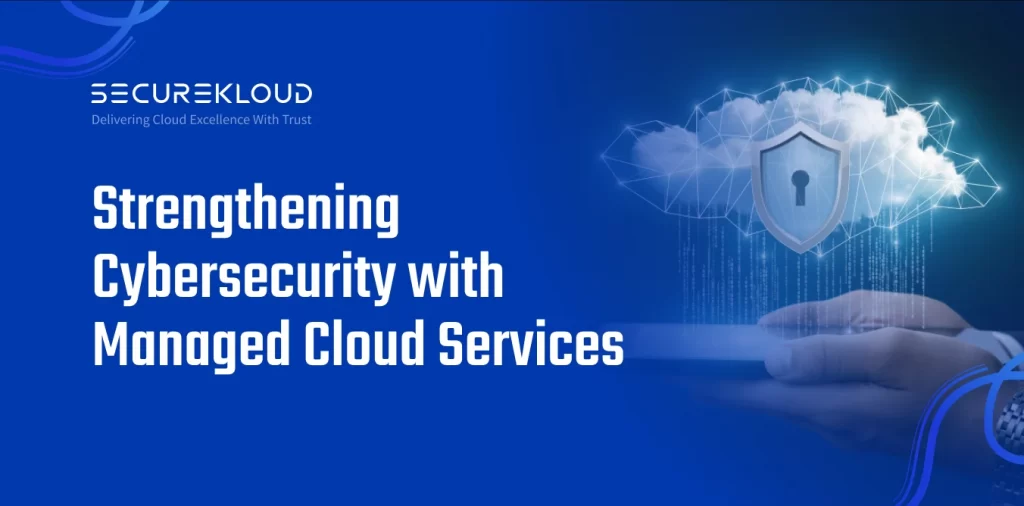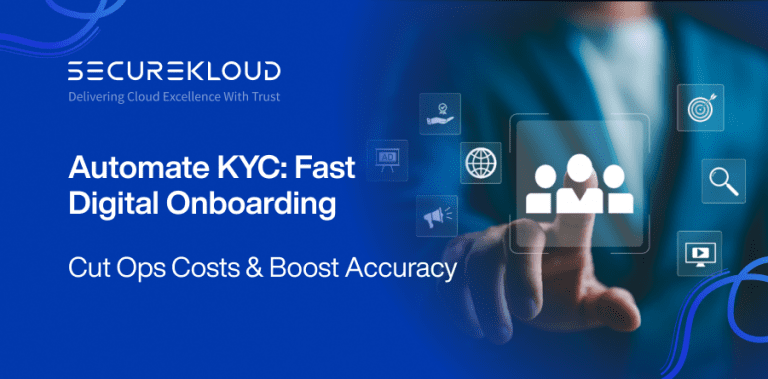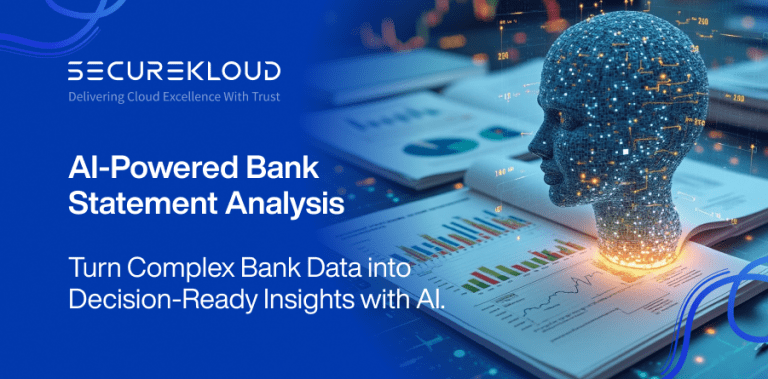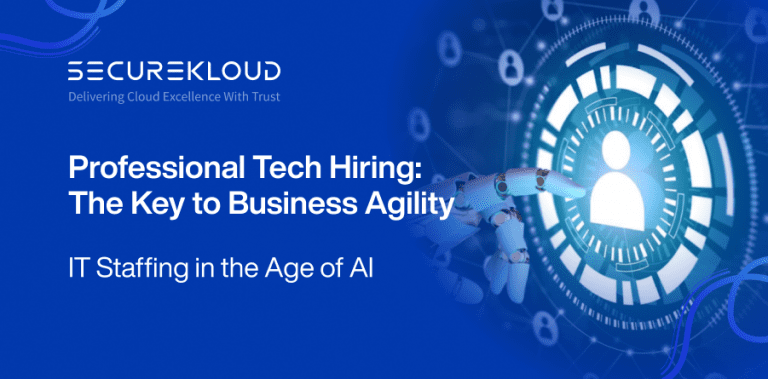- 4Minutes
- 807Words
- 98Views
As organizations move to the cloud, it increases the need for robust cybersecurity, underpinning the growth in demand. In this respect, managed cloud services provide competent management, monitoring, and protection to accomplish maximum security for the cloud. This way, managed cloud services will be able to help an organization in the implementation of secure cloud solutions that would protect their data and infrastructure from the ever-evolving threats. In this article, we will discuss how managed cloud services reinforce security and protect the organization from cloud risks.
What is Managed Cloud Service?
Managed cloud services include those whereby management and maintenance of the infrastructure in the cloud are outsourced to a third-party service provider. The responsibilities that providers work on include system monitoring, security updates, data backup, and threat management, freeing the business to handle its core activities yet keeping the cloud infrastructure safe.
Cloud Computing and Cybersecurity
The adoption of the cloud indeed changed how business operations were done. It brings flexibility, cost savings, and scalability that make a lot of sense for businesses. However, with this change comes some unique cybersecurity challenges. The more dependent businesses get on cloud-based services, the more liable these businesses will be to data breaches, ransomware attacks, and other cyber threats.
Key Cybersecurity Benefits of Managed Cloud Services
Managed cloud services have loads of advantageous benefits in improving security for cloud computing. Let me get to some key benefits that one would derive:
- Continuous Monitoring and Threat Detection: The managed cloud service provides for 24/7 monitoring of your cloud infrastructure for identification and addressing of potential threats in real time. This proactive approach means that things are going to be detected a lot sooner because potential problems are identified and their most probable causes stopped before they can cause big-scale damage.
- Improved Threat Prevention: The managed cloud services deploy the big guns of security by using firewalls, intrusion detection systems, and multi-factor authentication methods to build robust lines of defense along their business periphery. These vendors, in the case of a security breach, contain the issue fast and reduce the impact of the breach.
- Compliance and Regulatory Support: Most industries, whether it is healthcare or finance, have to maintain strict regulatory compliances such as GDPR or HIPAA. In this respect, the providers of managed cloud services ensure that the companies are compliant by putting in place the necessary security protocols and also perform periodic audits.
- Data Encryption and Backups: The managed cloud services make use of modern techniques of encryption while protecting sensitive data at transmit and rest. They achieve this through the encryption of data so that unauthorized users cannot access or tamper with critical information. They also provide automatic backups of data and disaster recovery, hence ensuring business continuity even in the event of an attack or loss of data.
- Access Control and Identity Management: One of the best ways to prevent data breaches is by controlling who has access to your cloud resources. IAM protocols utilized in cloud-managed services provide access to sensitive data only by authorized personnel. Multi-factor authentication and role-based access control are common security features that businesses use to better ensure security, reducing the risks of insider threats or other forms of unauthorized access.
- Scalable Security Solutions: Businesses continue to grow, and so do their security needs. Scalable security solutions provided by managed cloud services adapt to organizational demand. Be it adding more users, expanding the infrastructure on the cloud, or integrating new applications, managed cloud providers ensure that security is not at stake. This scalability allows the business to have good cybersecurity without the addition of infrastructure or security employees.
Addressing Cloud Security Challenges
While managed cloud services come along with a lot of advantages, there are a few challenges that an organization must address regarding cloud security:
- Shared Responsibility Model: Cloud security is shared between the provider and the customer. While this managed service provider can offer effective security measures, businesses are also under obligation to use the best practices in protecting login credentials and managing access controls effectively.
- Data Privacy Concerns: The storage of sensitive data in the cloud can raise concerns about privacy. Companies should be working with the most responsible managed cloud service providers, as such providers take issues like data privacy seriously and provide them with total transparency about where their data is being kept and how it is secured.
With ever-evolving threats, cybersecurity is strengthening in a business with managed cloud services. These managed cloud service providers offer full-cycle cloud security: Advanced Threat Prevention, Compliance Support, Data Encryption, and Scalable Solutions, with 24/7 Monitoring. Managed cloud services solve this need for businesses through professionals who can arm themselves with the necessary tools to protect vital business assets and ensure continuity in such a dynamic threat environment.



